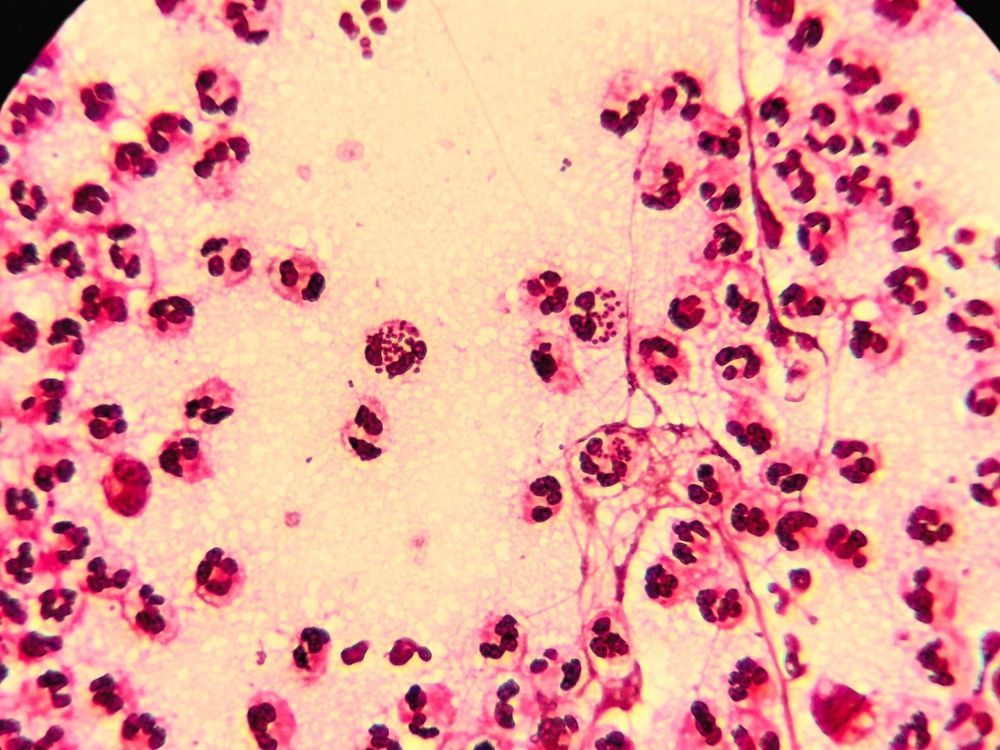Physical & Emotional Care After an Abortion
Share this Article:
Have you had an abortion and now wondering what to do next? Whether you underwent a surgical abortion or a medical abortion, post-abortion care is vital for your health.
The first thing to know is that you’re not alone. Nearly one in four women has experienced abortion by age forty-five [1]. But that fact alone doesn’t make abortion recovery easy because it’s a complex mix of physical and emotional challenges.
Knowledge is empowering. So read on to learn what to expect after an abortion and how to care for yourself in ways that can improve your recovery after an abortion .
Physical Care Post-Abortion
If you’ve had an abortion, you may be surprised how it’s affecting you physically. It’s not in your head, and you’re not imagining your physical symptoms [2]. Instead, you’re experiencing your body adjusting to significant changes.
Common physical symptoms (and care) after an abortion include:
1. Cramping that is slightly stronger than when you have a period
Your uterus is trying to return to its pre-pregnancy size after an abortion. To relieve post-abortion cramping, you can try the following:
- Uterine massage by rubbing your abdomen in a circular motion
- Applying a heating pad
- Take over-the-counter pain relievers, such as ibuprofen or Tylenol
- Rest
2. Bleeding or spotting for 3–6 weeks
Some women experience almost no bleeding after an abortion, but most women will likely experience bleeding. Color can vary from light brown to nearly black.
Bleeding flow after an abortion may go back and forth between light and heavy. You may notice that bleeding gets heavier with activity. You can rest more when bleeding increases.
Use only pads after an abortion — no tampons.
3. Passing blood clots that are smaller than a golf ball
Similar to post-abortion bleeding, you may notice that you pass more clots when you are more active. Passing large clots (the size of a golf ball) for more than two hours is not normal. Seek medical attention immediately.
4. Swollen or sore breasts
Sudden hormone changes after abortion can contribute to breast tenderness, causing you to notice increased breast swelling or discharge for about 7-10 days. To help with symptoms, you can try the following:
- Wearing a supportive bra
- Applying cold packs to breasts
- Taking ibuprofen or Tylenol for pain
- Avoiding nipple stimulation
5. Fatigue
It’s also common to feel very tired after an abortion. Abortion causes your body to go through big changes, so give yourself the rest you deserve for a few days after an abortion.
6. Nausea or vomiting
The abortion clinic may have prescribed an anti-nausea medication that you can take. Over-the-counter antihistamine medications such as Benadryl can also alleviate nausea.
Aside from medications, you can also eat small amounts of bland foods such as crackers or toast. Sipping on a cold beverage like Ginger Ale can be helpful too. Peppermint and aromatherapy are other natural remedies for nausea [3].
By now, you may have recognized a common theme of getting enough rest. For many women, getting adequate rest after an abortion is the best form of post-abortion care for typical symptoms.
But an essential part of post-abortion care is the ability to recognize symptoms that indicate there might be complications.
What Is Abnormal After an Abortion?
The following physical signs are not normal after an abortion and could be signs of a severe, even life-threatening, infection. If you experience any of the following symptoms, seek medical attention immediately:
- Fever over 101° after the day of the abortion
- Heavy bleeding – soaking two maxi pads in two hours
- Bright red bleeding
- Passing clots larger than a lemon
- Pain that isn’t controlled by over-the-counter medication
- Vomiting that lasts more than one day
- Vaginal itch or odor
- Continuing to feel pregnant two weeks after the abortion
What Can You Do To Reduce the Risk of Post-Abortion Complications?
You can take steps to care for yourself and reduce the risk of post-abortion complications such as infection. Start with the following:
- If you were given a prescription for an antibiotic, take it as directed.
- Follow instructions regarding not inserting anything into your vagina. This includes douching, vaginal intercourse, or tampon use, typically for one to two weeks.
- Do not immerse yourself in water, including a bathtub, hot tub, or pool. Showers are permitted.
Emotional Care Post-Abortion
Even if you decided that abortion was the best decision for you, nothing is easy about it.
You’ve just been through the stress of gathering information and deciding what to do about your unexpected pregnancy. When you add the rapid hormone shifts that happen after an abortion, it makes sense that abortion affects you emotionally as well as physically.
There is a wide range of normal emotions after an abortion. You may feel relief one minute and sadness the next.
- Relief
- Guilt
- Shame
- Regret
- Sadness/grief
- Depression/anxiety
- Negative thoughts of self
- Feelings of isolation and loneliness
- Nightmares or other sleep problems
- Relationship problems
- Suicidal thoughts
Suicidal thoughts are serious. If you have thoughts of suicide, reach out to the National Suicide Prevention Lifeline right away at 1-800-273-8255.
So how do you care for yourself emotionally after an abortion? First, stay connected to yourself and others. Recognize your needs and accept people’s help or even muster the strength to ask for it. Ideas might include asking someone to run errands, help with other children, or assisting with housework.
Permit yourself to get plenty of sleep, rest, light exercise, and fresh air. Nourish yourself with healthy food. You may find journaling your feelings to be very healing as well. Self-care is not selfish. It’s vital to your recovery.
Lastly, stay connected to trusted loved ones. Isolation can quickly lead to depression, so reach out for support.
Pre-Abortion and Post-Abortion Care
Pregnancy Care Clinic’s team includes licensed healthcare providers offering pre-abortion screening services to help you make an informed decision about your pregnancy.
If you have already had an abortion and feel stuck under difficult emotions, emotional support is available. We also offer post-abortion healing support classes — with compassion and at no cost.
Resources:
[1] Jones, R. K., & Jerman, J. (2017, November 8). The American Journal of public Health (AJPH) from the American public Health Association (apha) publications. American Public Health Association (APHA) publications. https://ajph.aphapublications.org/doi/full/10.2105/AJPH.2017.304042#citart1.
[2] Villines, Z. (2018, July 20). After abortion care: Self-care and recovery. Medical News Today. https://www.medicalnewstoday.com/articles/322533#aftercare.
[3] Vann, M. R. (2017, July 25). 4 natural remedies for nausea Relief: Everyday Health. EverydayHealth.com. https://www.everydayhealth.com/digestive-health/natural-remedies-for-nausea/.




